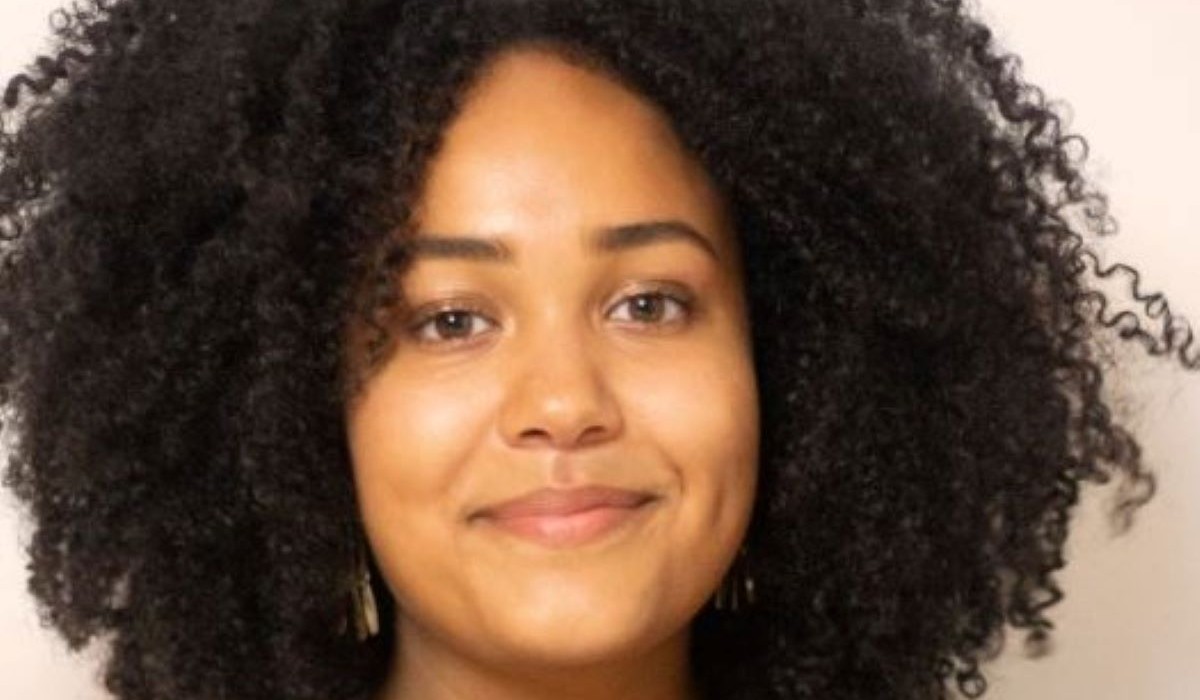Miriam talks about her work in giving a voice to the diverse experiences of BME students
Growing up in Germany and throughout the initial period after high school, attending Cambridge was beyond my realm of imagination. During school and after graduating, I was always aware of my interests in politics, social justice, race and gender, but I did not have a clear vision of what I wanted to do precisely or a career I aspired to – although I wouldn’t even say that I do now. Seeking to have experiences outside of the academic realm, I decided to go to Australia for a year and worked as a direct marketing representative knocking on doors to sell a food subscription service. Doing something completely different and stepping out of my comfort zone helped me narrow down my interests and I decided to take up a course in political science in Berlin. In the same year, I decided to apply to Cambridge out of the blue after a family member suggested the idea to me. It seemed like a far-fetched unrealistic attempt, but I wanted to try my luck just to see if I had a vague chance. Hence, my offer took me by surprise. After getting a deferred place, I continued my studies in Berlin but mainly worked for a feminist institute as an online editor for another year.
Although I did not initially apply to Lucy Cavendish College, after visiting the college myself, I was relieved to realise that it turned out to seem like a much better fit than the one I applied to at first. What I like most about Lucy is the small size of the community and the friendly environment that I quickly became a part of. Compared to the German schools and university I was used to, Cambridge impresses me by the amount of contact I have with my supervisors. I feel quite lucky to have professors who seem to know me well and encourage me to pursue decolonial or feminist approaches in my essays. I am convinced that studying Human, Social, and Political Sciences was a great choice for me as the subjects complement each other and fit my broad range of interests perfectly.
Having always been passionate about activism for marginalised voices, I have unfortunately experienced all universities as an environment not only lacking in diversity but also engrained with racism and colonial structures. That is why I got involved in initiating a student representation for black students and students of colour at my old university. When I arrived in Cambridge in October 2019, I wanted to continue my activism. At the same time, a place where one can easily develop imposter syndrome, this institution can seem quite intimidating. But I quickly realized that it is not just made of the daunting buildings and age-old traditions surrounding us, but also of the students that shape it. I was impressed to find the diverse range of outlets for students to claim their own spaces and make changes – the African Caribbean Society, Fly, or decolonial working groups, for instance.
Becoming BME Officer at Lucy gave me the chance to get involved in my own college and do my part to make students of colour feel more at home and create more visibility for BME Lucians. I am convinced that having fun and caring for ourselves is vital in political activism. Organising an Afrobeats & Plantain Chips night at our bar, I loved engaging different parts of the student community. In the next term, I am setting up a bookshelf in our common room dedicated to the works of female and non-binary authors of colour. I am also an assistant editor at Marble, a student magazine giving a voice to the diverse experiences of BME students as well as Bait, a magazine publishing opinion pieces, poetry, art and photography to raise money for local charities.
While I am still not entirely set on what I want to do after university, I am convinced that the spaces I can engage in at Cambridge and Lucy in particular help me develop and leave my mark.




